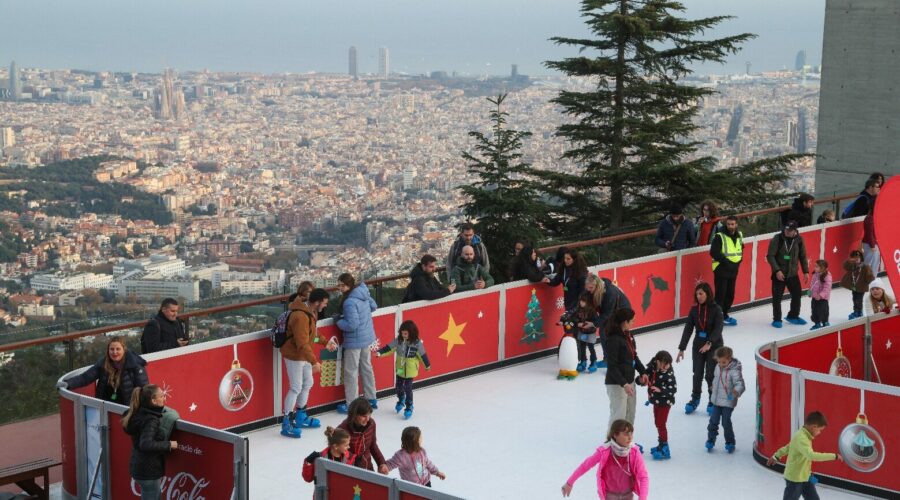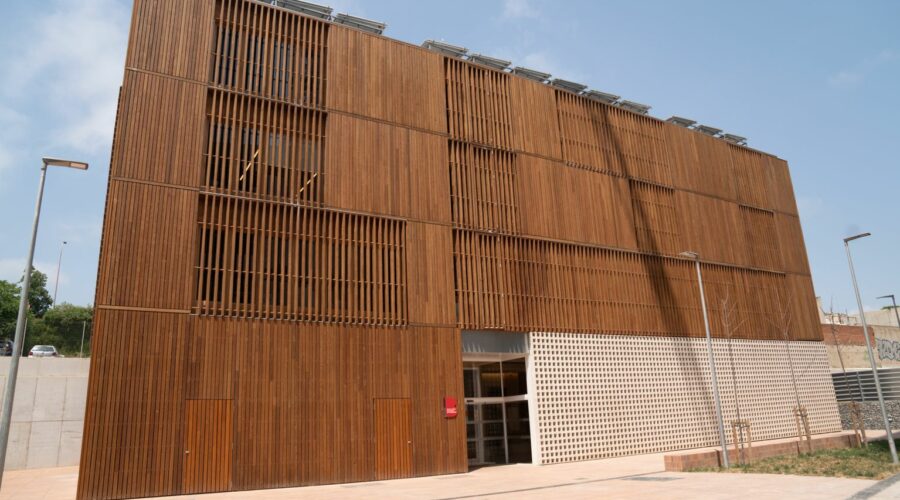The future arrives in Barcelona this February with the presentation of the first flying car prototype at the Mobile World Congress 2024 (MWC). The U.S. pioneer in this field, Alef Aeronautics, will show the world its revolutionary creation, marking a milestone in the history of mobility.
Although still at an experimental stage, this two-seater vehicle will steal the attention of congress attendees, offering a tangible vision of the future of urban transport.
Alef Aeronautics has earned the distinction of being the world’s first licensed company for flying cars, and has chosen the stage of MWC 2024 in Barcelona to unveil its creation.
This milestone marks a significant change in the way we conceive of personal transportation, literally taking mobility to new heights.
Alef Aeronautics and its flying car: the first step into the future
The prototype presented is a two-seater that combines the ability to travel both in the air and on the ground. With a top speed of 56 kilometers per hour and a range of 170 kilometers, this flying car is designed primarily for daily commuting within urban areas.
The sight of gravity-defying vehicles and traffic jams seems to be closer to reality than we might have imagined.
The future of mobility at the Movil World Congress
The Mobile World Congress, to be held February 26-29, 2024, promises to be an event full of surprises and technological advances that go beyond mobile telephony.
The unveiling of Alef Aeronautics’ flying car is just the tip of the iceberg at a conference that seeks to address innovation, sustainability and diversity in the technology industry.
GSMA CEO Mats Granryd anticipates an event that will exceed last year’s expectations, with 95,000 to 96,000 visitors expected from 200 different countries and territories.
This figure represents a significant increase over the 88,500 attendees of the previous year, consolidating MWC as one of the world’s leading technology events.
Sustainability and environmental awareness
With the drought affecting Catalonia, MWC organizers have taken sustainable measures to mitigate the environmental impact of the event. It has been announced that the supply of water fountains at the fairgrounds will be cut off, and a call will be made to visitors to use water responsibly in Barcelona.
The installation of solar panels and windmills also adds to the initiative to power the event with renewable energies.
Lara Dewar, marketing director, stresses the importance of appealing to the environmental awareness of international visitors. In an effort to be a “sustainable” event, the goal is to reduce the carbon footprint.




